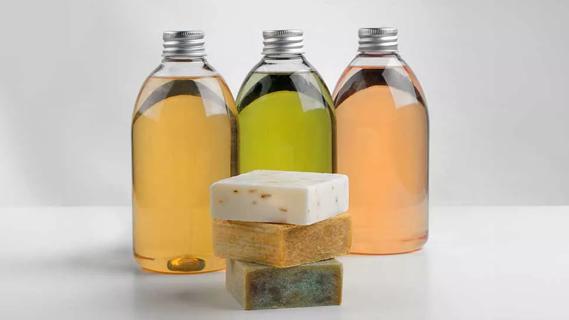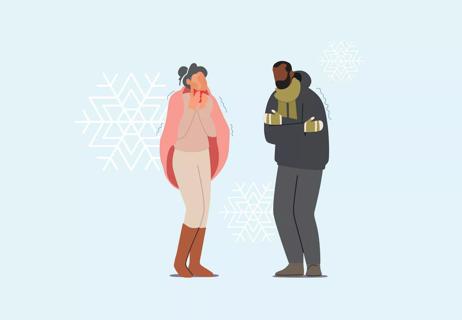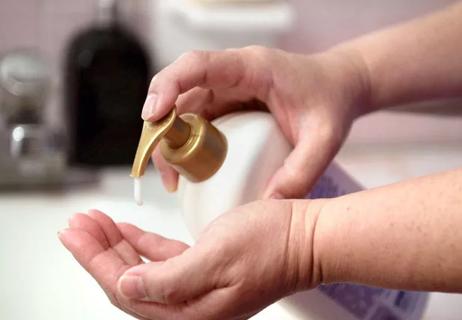Your best defense and offense in protecting yourself and others

No one likes being sick, and it can be equally miserable – if not worse – if your kiddos are sick too. Plus it seems like every cold and flu season gets worse with one superbug announcement after another. It’s enough to make anyone ask – how do we stop this madness?!
Advertisement
Cleveland Clinic is a non-profit academic medical center. Advertising on our site helps support our mission. We do not endorse non-Cleveland Clinic products or services. Policy
Here are some ways to increase your odds of beating the crud and to help protect yourself and others.
The spreading of any sort of virus begins and ends with hand washing (or lack thereof).
And yes we know – that sounds ridiculously obvious, right? It’s no secret that washing your hands is important. But you’d be surprised by how many people skimp when it comes down to this habit. (One study found that only 5% of people wash their hands properly!)
“The way that viruses transfer from person to person and place to place isn’t usually because you got coughed on by someone who’s sick,” explains pediatric infectious disease expert Frank Esper, MD. “Instead, someone usually coughs on their hands and goes on to touch something. Then someone else touches that thing with their hands and their hands end up in their mouth – along with the virus.”
One of the best things you can do to protect yourself during cold and flu season (and really anytime of the year) is to break the transmission cycle by routinely washing your hands.
Also remember that any virus you might already have has the potential to spread to others in the same fashion. So washing your hands every time you cough, or every time that you’re interacting with someone, preferably before you interact with them, is the best thing that you can do.
Advertisement
It’s one of the reasons why doctors always wash their hands before they see a patient and again right afterwards, Dr. Esper says.
Good hand hygiene is incredibly important when it comes to babies and small children too, especially when it comes to helping prevent the spread of RSV.
But often times the average two-year-old can’t wash their hands very well – let alone have the coordination or attention span for it. This is where the introduction of alcohol-based rubs, especially for the younger age groups, works well.
It’s also important to understand the impact of hand washing for those around young children.
“When your child is home from school with a runny nose or cough, a lot of times the grandparents or other family members will come over to watch them,” says Dr. Esper. “It’s very important to make sure that everyone who is interacting with the kids knows to wash their hands.”
It’s also a good idea to talk to children about not touching their noses or rubbing their eyes. Most of the time it’s still going to be typical two-year-old behavior –but it helps to start educating them about it when they’re young.
If you’re still trying to tough out cold and flu season without becoming a victim (or looking for tips on not getting sick again), follow these guidelines:
Also be sure to tread carefully when it comes to guzzling down vitamin C drinks and pills. The jury is still out whether or not these products can actually help you kick a cold or flu faster.
Advertisement
Learn more about our editorial process.
Advertisement

Any large social gathering — from a family birthday party to an indoor music concert — has the potential to spread serious infection

Start slowly with clear fluids, and then move to bland, easy-to-digest foods

Symptoms can overlap and be hard to distinguish, but there are some telltale differences

Just like the flu, COVID-19 will continue to evolve every year

It’s best to treat flu-like symptoms as if you have COVID-19

This olive oil-based soap is generally mild and safe when diluted

The flu, RSV, COVID-19, pneumonia and more typically circulate during cold weather months

Try turning the heat down on the water and opting for a moisturizing soap

Type 2 diabetes isn’t inevitable with these dietary changes

Applying a hot or cold compress can help with pain